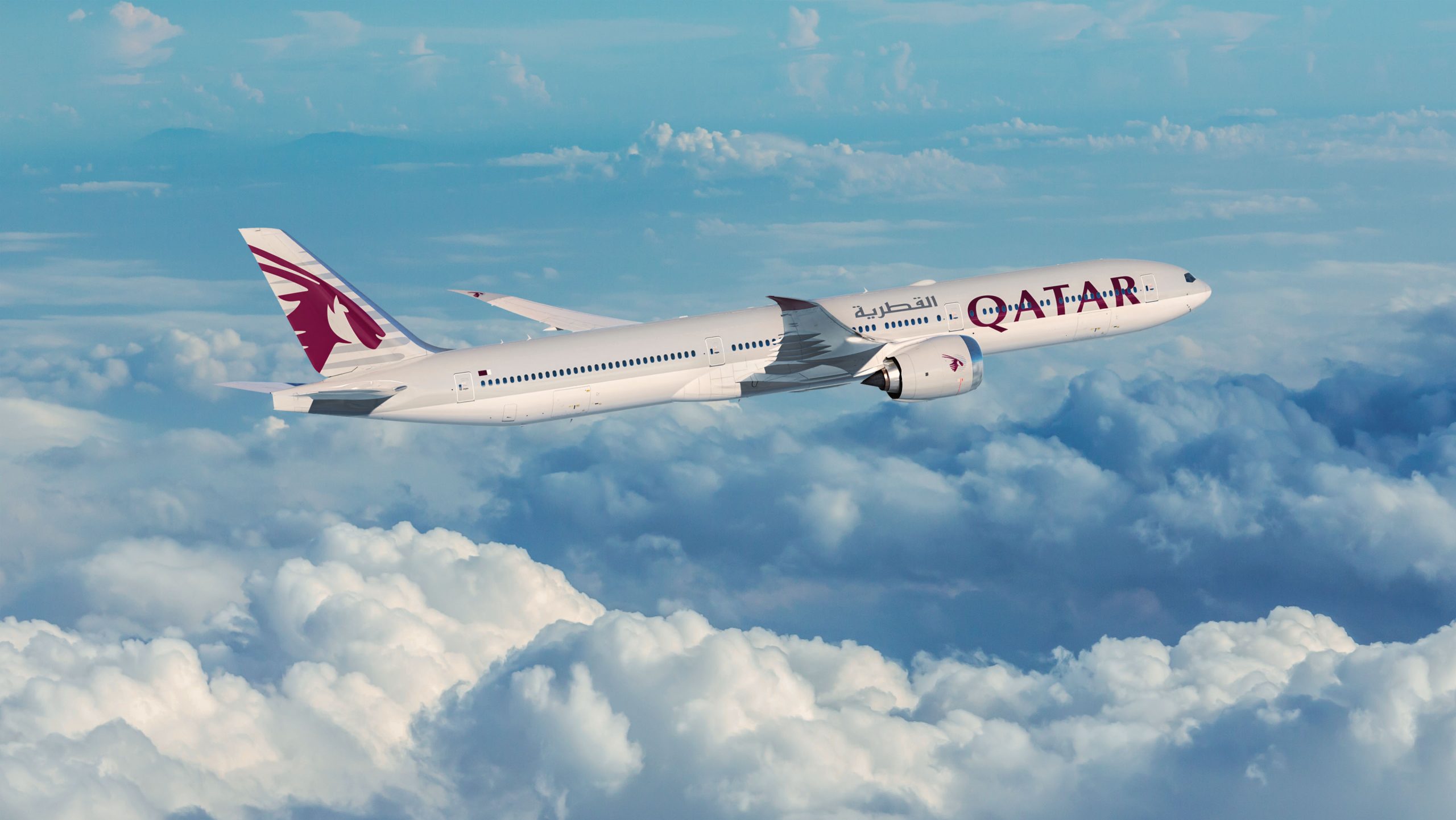
In a bid to enhance Qatar’s food security, the government is floating plans to establish a new chicken farm complex that aims to almost quadruple the amount of poultry produced in the country.
The facility would be 5.7 sq km in size and would have the capacity to produce up to 40,000 tons of chicken and 7.5 tons of eggs each year. It would be partly funded by the private sector, according to the concept designed by a technical team from the Ministry of Economy and Commerce, which is coordinating with the Ministry of Environment.
A survey produced by the committee forecasts that the plant could reach maximum production capacity within two years of starting the project, Qatar Tribune reports.

The site would have a number of facilities, including 4.5 sq km dedicated to broiler breeding – fast-growing breeds of chicken raised specifically for their meat.
There will also be 1 sq km of egg poultry farms, hatchery poultry farms, a fodder mill, a slaughter house and a section for processing and manufacturing poultry products.
In terms of how the poultry complex would operate financially, the government would lease land to build the farms, which investors would then be encouraged to buy a stake in.
Hashem Aqeel al-Aqeel, chief executive officer of Investment House, a Doha-based bank that is an advisor on the project, told Bloomberg that institutional investors have already committed QR750 million ($206 million), with an initial public offering (IPO) possible by next year.
Al-Aqeel said the plan was to start raising money by producing eggs and feed before moving on to poultry meat.
This is not the first time plans to produce more home-grown poultry have been discussed. Last year, Widam sought a license to build a $124 million poultry plant, which it said would produce 22 million chickens a year to sell domestically.
However, the project struggled to achieve the necessary government approvals to get it off the ground.
Imports
If the plans get off the ground, the complex will likely be welcome news to Qatar’s shoppers, due to the availability of more home-grown produce.
Qatar currently imports 90 percent of its food, which leaves it vulnerable to market fluctuations.

In late 2012, supermarket cooler shelves in Qatar lacked fresh chicken after Saudi Arabia imposed a ban on the export of all poultry products. At the time, KSA was trying to sufficiently supply its domestic market and stabilize prices.
In response, Qatar Meat & Livestock Company, now known as Widam, started importing chicken from Bulgaria.
Though Qatar produces around 11,000 tons of chicken domestically, it imports the vast majority of its poultry products. About 72 percent is frozen poultry from Brazil, and 6 percent is fresh from Saudi Arabia, according to QatarVironment.org.
US Department of Agriculture data shows that Qatar’s domestic consumption of food is set to grow 9.9 percent next year, to reach 111,000 tons, a surge that reflects the ongoing population growth.
As such, it has forecast that imports would have to increase by 11 percent, to 100,000 tons in 2015 to meet the demand, Bloomberg stated.
Greater security
While this new poultry facility wouldn’t meet all Qatar’s needs, it would be a start in the quest for greater food security and comes on the heels of plans to boost the number of fish in Qatar’s waters.

In October this year, it was announced that Qatar is setting up a QR230 million ($63.16 million) aquatic research center in a bid to replenish its fast-depleting fish stocks.
Featuring huge fish and prawn hatcheries, the center would produce and release into the sea each year eight tons of fingerlings and six tons of baby prawns, the Peninsula reported.
The fingerlings will be of species of fish popular in Qatar such as hamour, assafi, assham and assubaith. The 110,000 sqm site in Ras Al Matbakh near Al Khor is expected to open by the end of 2015.
Meanwhile, in April this year, the government set up an Implementation Committee, with representatives across numerous ministries, tasked with carrying out Qatar’s National Food Security Plan in conjunction with the private sector.
With the aim of creating a more resilient national food system, the plan’s recommendations include:
- Strategically diversifying international trade and investment;
- Improving the domestic market;
- Increasing strategic food and water reserves; and
- Increasing the water efficiency and productivity of local food production.
Thoughts?







